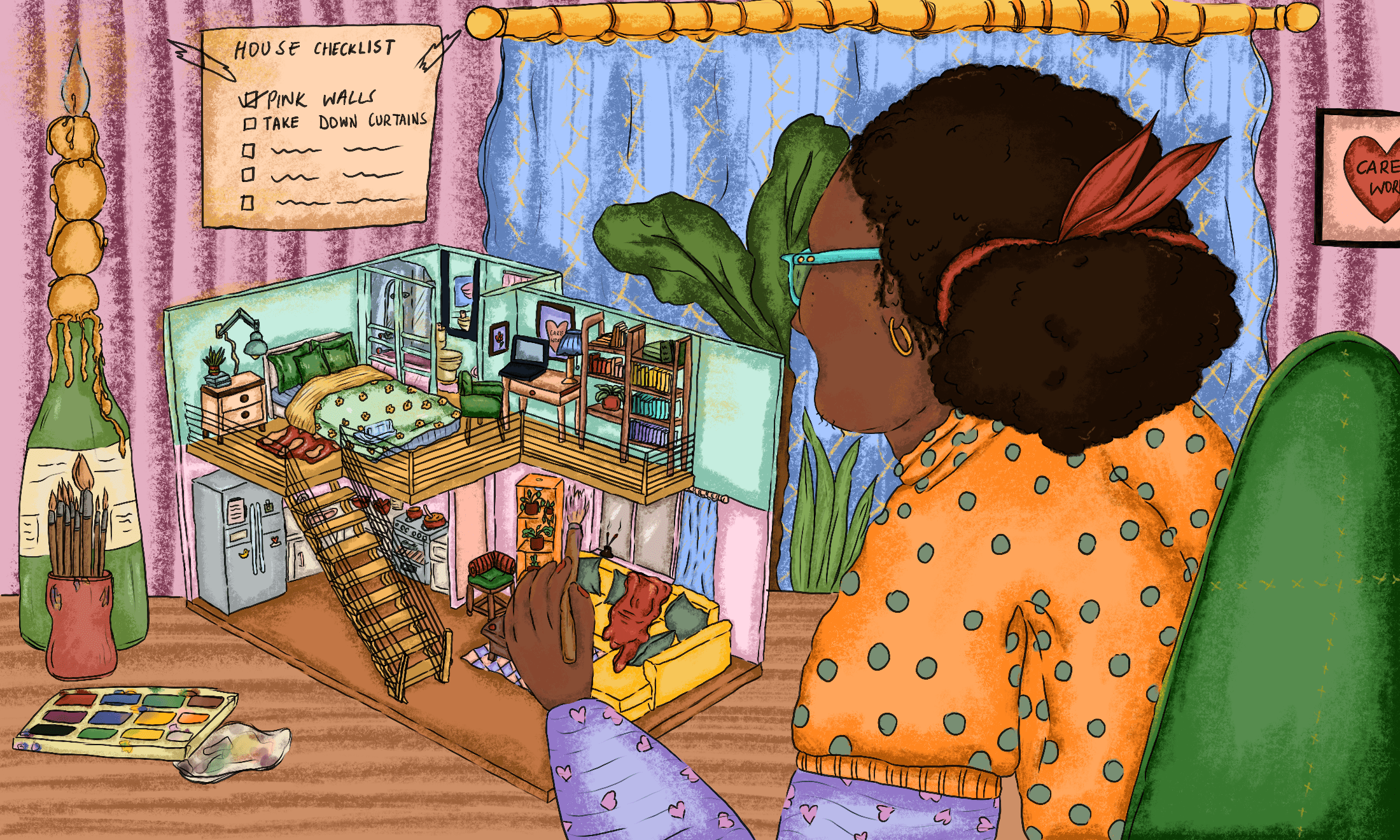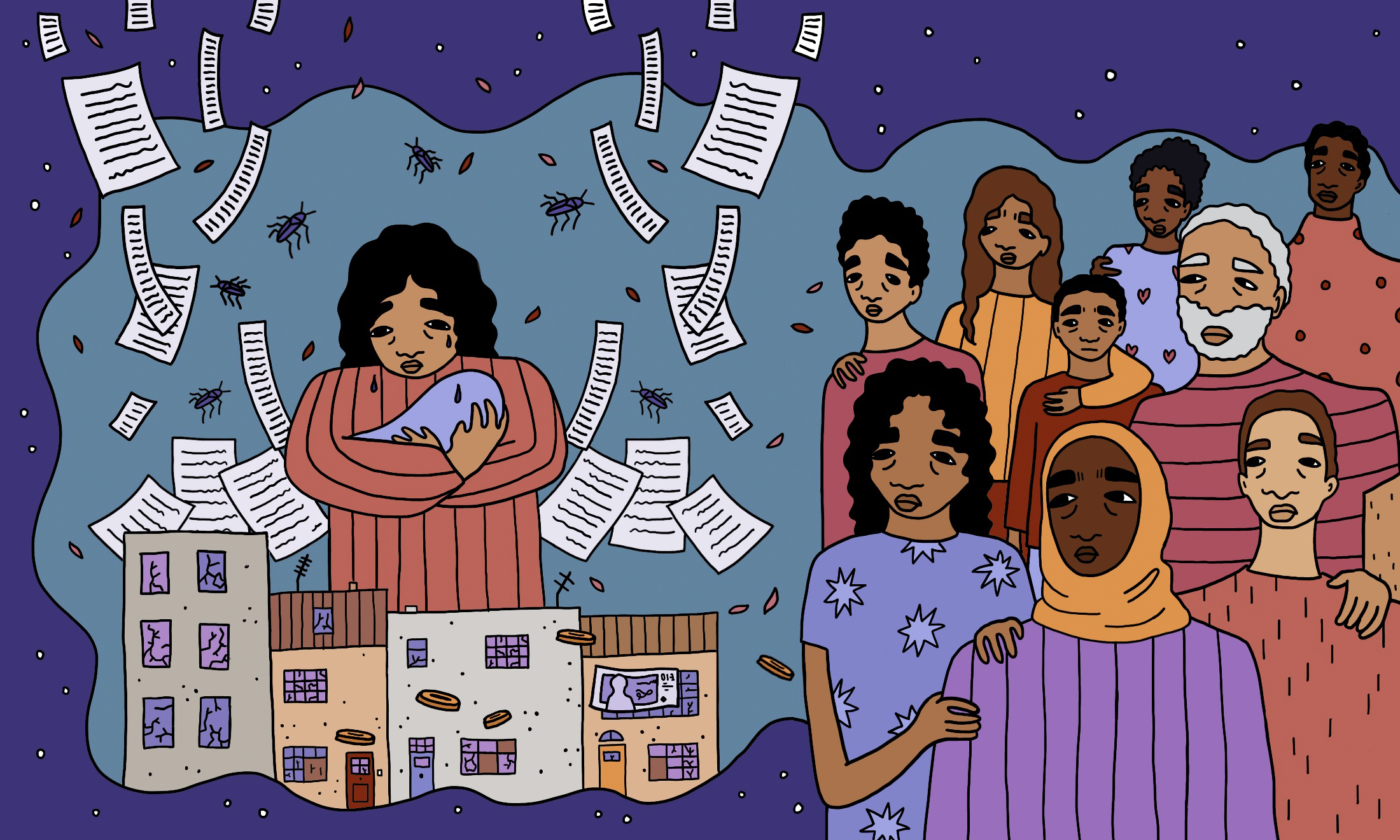
How often have you had a conversation about infertility amongst black women? Not very often, I would suspect. Or even never. Infertility is often viewed through a colour-coded prism: while white female infertility is frequently discussed and treated, there appears to be a silence surrounding black female infertility.
Historically, myths surrounding black women, and the image of the black female body, are associated with reproduction. So when a black woman realises she is not able to conceive, there may be feelings of inadequacy and failure. In many cultures motherhood is associated with social status, and being childless can mean that a woman feels shame to be seen as barren.
Since the start of recorded time there has been infertility amongst women – it is not new. Stigma can lead to contemporary black women resorting to means including religious behaviour when they believe they are cursed by God, and implementing acts of superstition, like sleeping with baby clothes under their pillows to increase their chances of conception. The National Health Statistics Reports (2006-2010) show that black women are 1.5 times more likely to experience infertility than their white counterparts. So, why the silence?
“…black women are 1.5 times more likely to experience infertility than their white counterparts. So, why the silence?“
There are many health and genetic reasons for this higher level of infertility in black women, including the prevalence of fibroids, dysfunctional ovaries, endometriosis, and polycystic ovary syndrome. Also affecting the infertility of black women is premature ovarian failure. Also known as primary ovarian insufficiency, ovulation times are uncertain because there is a loss of eggs associated with premature menopause. A woman’s ability to conceive naturally each month declines as she gets older.
According to the World Health Organisation the clinical definition of infertility is the absence of conception after 24 months of regular unprotected intercourse. For many women the realisation that they may be infertile is a shock that may lead to isolation and embarrassment. In 2016 a study into the experiences of nine black and minority ethnic women living in Wales was undertaken at Cardiff University. This study shares the views and experience of this group who had current or previous experiences of infertility. The women talked about the pressure they felt to become mothers, the negative impact of not being able to conceive, and their ongoing concerns and hope for the future.
When any woman who wants to reproduce finds that her personal biology has denied her the opportunity to do so, there are often feelings of failure because fertility is frequently equated to womanhood in pronatalist societies. Each time the conception cycle passes unfulfilled the potential mothers may enter into a pattern of grief for the loss of the unborn, unknown child they were preparing for, and grief for their own body’s inability to conceive; this is often repeated for months and years.
When personal reproduction proves impossible some black women may choose to foster or adopt to experience motherhood. This can occur after the high costs and expenses of many rounds of IVF, artificial insemination, and possibly miscarriages and recurrent pregnancy loss.
“…it is important to get more black women to talk about infertility to demystify it”
Between the moment that a black woman discovers she is infertile, and the time she chooses to either embrace the state of childlessness or to foster or adopt, there is the desert time when she is alone with her body. During these stages, women can undergo a wide rage of emotions directly related to the cycle of procreation; this may include self imposed isolation from family and friends because she may feel ostracised from the normality of their worlds, and periods where she may spend much time struggling in silence behind closed doors. This can be a time when some women may find themselves experiencing suicidal thoughts and episodes of mental illness because of the social stigma and the stress of repeated failures to conceive.
Infertility can remain undiscussed in the wider community unless there is more publicity around the issue. It has helped when people like Beyoncé, Tyra Banks and Chrissy Tiegen also raise the emotional aspect of the issue. But it is important to get more black women to talk about infertility to demystify it and to break the silence and isolation of those who experience involuntary childlessness. Kat Francois, a performance poet, created a piece to share her anguish. This was broadcast on BBC Radio 4’s Woman’s Hour, and was followed a week later by another piece on the same programme discussing the world’s first weekend for childless women of colour, held in London the weekend of 28/29 of April 2018, and led by Yvonne John from Gateway Women.
Figures show that nearly 60% of people in America do not undertake fertility treatment because they are unaware of the options available. It is vital that black women realise that infertility is a common problem experienced by 1 in 6 women between the ages of 15 and 44, in Britain these women should have full access to the NHS fertility treatment which, according to a 2006 survey, shows that there was unequal access to treatment and no clear criteria for who should receive this NHS-funded fertility treatment.
It’s time to talk.









